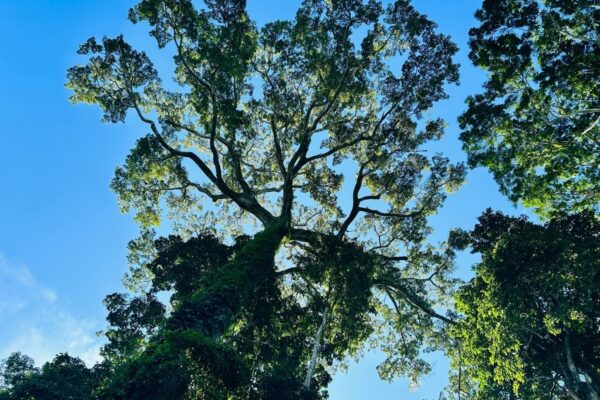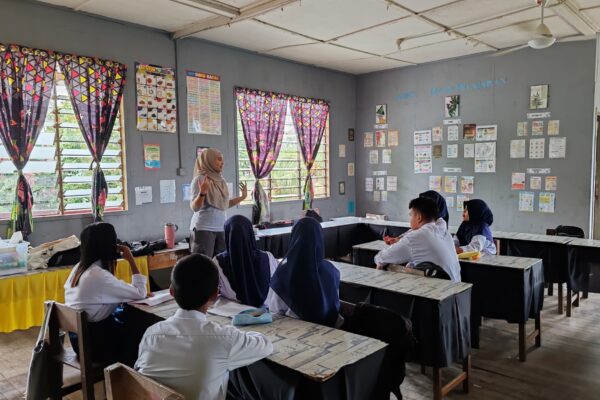A majority of the world’s land is degraded, and healthy soil is being lost at the rate of 24 billion tons a year through population growth, industrialisation and climate change. Now more than ever, soil-dependent commodities require us to address this issue in their agricultural supply chains. But soil quality is an emerging priority in the sustainability space – with more companies recognising the need to protect soil health to increase productivity and promote biodiversity. Businesses making this timely commitment from the ground up are benefiting not only economically, as healthy soils are important to combat climate change.
More than 80 percent of the carbon in the world’s soil has been released, with agriculture accounting for a growing source of greenhouse gas (GHG) emissions. In Malaysia, the century-old oil palm farming presents an opportunity to tap into the potential of soil as a carbon sink through good practices. About 5.8 million of the country’s 7 million hectares of agricultural land is being cultivated for oil palm.
“The plantation sector covers almost 70 percent of the total agricultural land in Malaysia. For this reason, Earthworm Foundation supports farming approaches that promote soil conservation, which in turn help farmers become more resilient while mitigating climate change. Investing in healthy soils brings economic, agronomic and environmental benefits – all of which hold a strong business case for palm oil companies,” says Quek Karl Yen, Regional Lead of Earthworm Foundation (EF) in Malaysia.

He adds that since this is a relatively new space for bigger companies, this shift would require collaboration from various stakeholders to scale up existing soil management practices.
“There are promising signs for us to explore partnerships with brands and producers, farmer groups, academia, research organisations and NGOs on this issue. EF Malaysia is also keen to compare knowledge and practices on soil conservation within the palm oil industry; and initiate something similar to our Living Soils initiative in France,” he said.
The Living Soils Initiative, launched by EF in January 2018, aims to accelerate the adoption of soil regenerative practices by farmers in France. EF believes that living soils are an instrumental solution to mitigate climate change through carbon storage, and are necessary for better global food industry quality. Living soils are also vital to sustainably feed a growing global population.

To secure broader interest and engagement at the local level on this initiative, EF Malaysia held an event called ‘Healthy Soil, Oil Palm, Climate Action’ at the 12th International Kuala Lumpur Eco Film Festival (KLEFF) on October 9th 2019. In line with KLEFF’s ‘Climate Action…Now!’ theme this year, EF’s work on Living Soils was addressed. Four films (of which three were EF-produced) were screened together with a series of talks from soil experts from the palm oil industry – mainly the Malaysian Palm Oil Board, Sime Darby Plantation, a smallholder practising chemical-free oil palm planting and Earthworm Foundation.

Approximately 80 people from academia, NGOs, businesses, planters, embassies and members of the public attended the half-day event. It highlighted EF’s commitment to bring soil to the heart of the agricultural sector, and to potentially form and assemble a group of interested individuals on implementing a soil carbon storage approach in Malaysian oil palm plantations.


